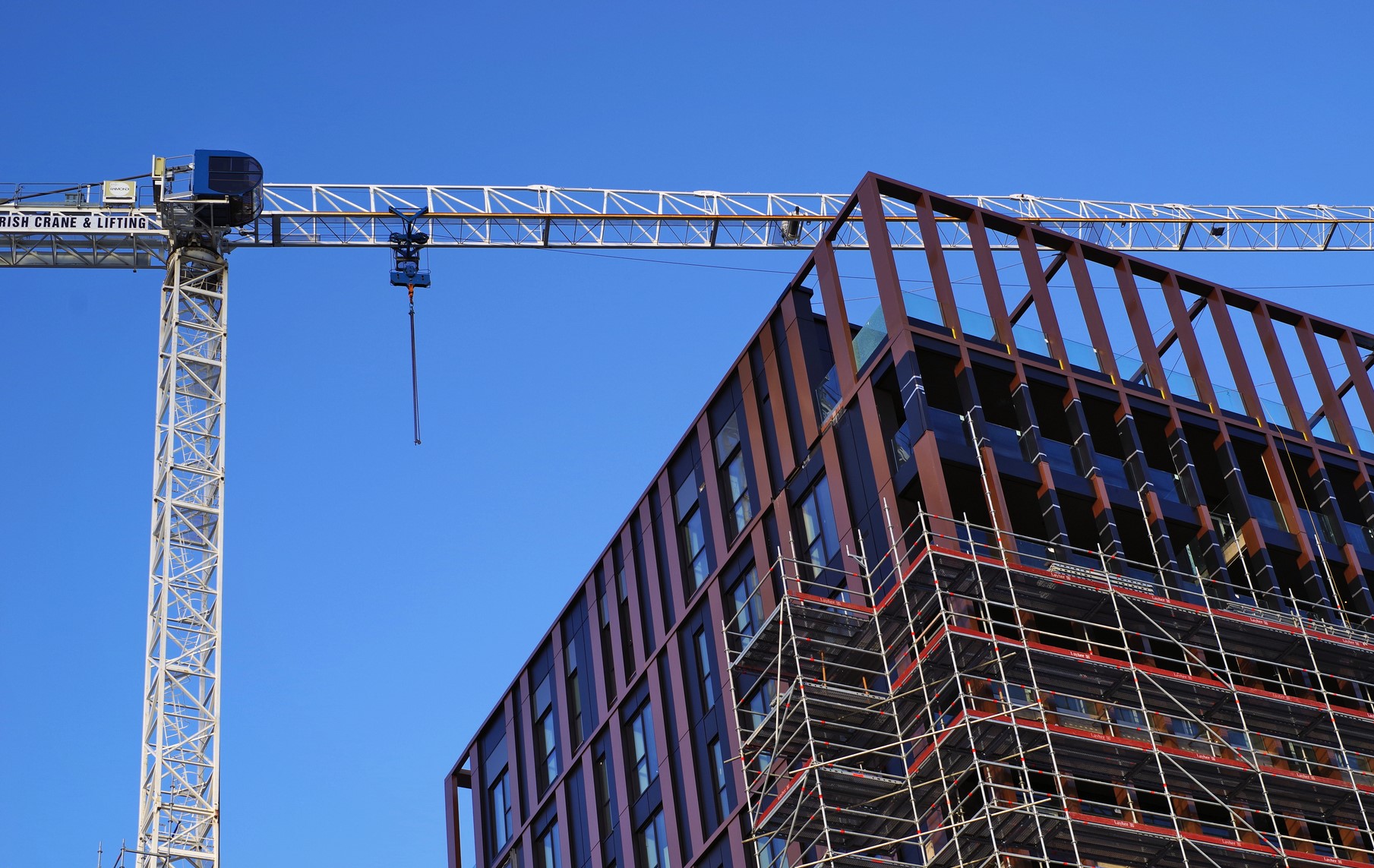Share this article:
The Construction Industry Federation has called for urgent action on infrastructure, Ireland’s greatest competitiveness challenge, as it launched its Budget 2026 submission today.
The federation’s Budget 2026 submission includes recommendations across strategic infrastructure delivery, unlocking housing supply, skills and workforce development, and enabling the green and digital transition.
Key recommendations include:
- Accelerating and reforming the National Development Plan to address delivery constraints and prioritise enabling infrastructure with multi-annual budgets
- Significantly increasing investment in energy infrastructure, especially to secure the electricity supply for FDI-driven projects and fast-track interconnector development
- Ringfencing investment of €500 million per annum in water and wastewater infrastructure to support housing, specifically to advance critical projects such as the Greater Dublin Drainage and Water Supply Project (WSP)
- Extend and enhance schemes such as Croí Cónaithe, Approved Housing Body Cost Rental schemes, the First Home Scheme, and Help to Buy to maintain delivery momentum and buyer access
- Introduce tax reforms to support apartment viability, repurposing of existing buildings, brownfield site remediation, and reform of the Residential Zoned Land Tax (RZLT)
- Establishing a national heatmap aligning zoned land with serviced sites to guide infrastructure investment
- Provide multi-annual budget certainty to stabilise public procurement cycles, particularly for MMC manufacturers
Read the full Construction Industry Federation Budget 2026 Submission.
Hubert Fitzpatrick, Director General of the CIF, said:
“Ireland’s infrastructure gap is the country’s most glaring competitiveness deficit, requiring urgent, plan-led investment in Budget ’26.
“62% of the fifty largest construction companies in our membership have reported exporting Irish construction to international markets, and this is set to increase.
“Construction companies want to deliver critical infrastructure here at home, but the projects simply aren’t materialising. Many can no longer rely on Ireland as a stable base for long-term business.
“While workforce capacity is frequently raised in public commentary, this is not a limiting factor. Construction companies have the talent and resources to meet demand. The main barriers lie outside the industry with persistent planning delays, a lack of zoned land, and slow delivery of enabling infrastructure like water and electricity, which are essential for housing and for maintaining inward investment to Ireland, and job creation.
“These consistent roadblocks mean that for many companies, a reliable pipeline of work is not available in Ireland, and for housebuilders, continued delays are slowing the pace of home delivery and deepening the housing crisis.
“Centralised government coordination and multiannual infrastructure investment are essential to provide certainty for Irish construction firms. Accelerated reform of public procurement and construction contracts is also critical to making public projects more commercially attractive. Together, these actions will give construction firms the confidence to expand their workforce and build at scale in Ireland.
“Ireland’s ability to respond to demographic growth, climate targets, and economic competitiveness depends on a construction sector that is adequately resourced and enabled.
“We urge the Government to respond decisively in Budget ’26 and to unlock the construction sector’s full capacity to deliver housing, infrastructure, and climate resilience for the population in the years ahead.”
Read the full Construction Industry Federation Budget 2026 Submission.
